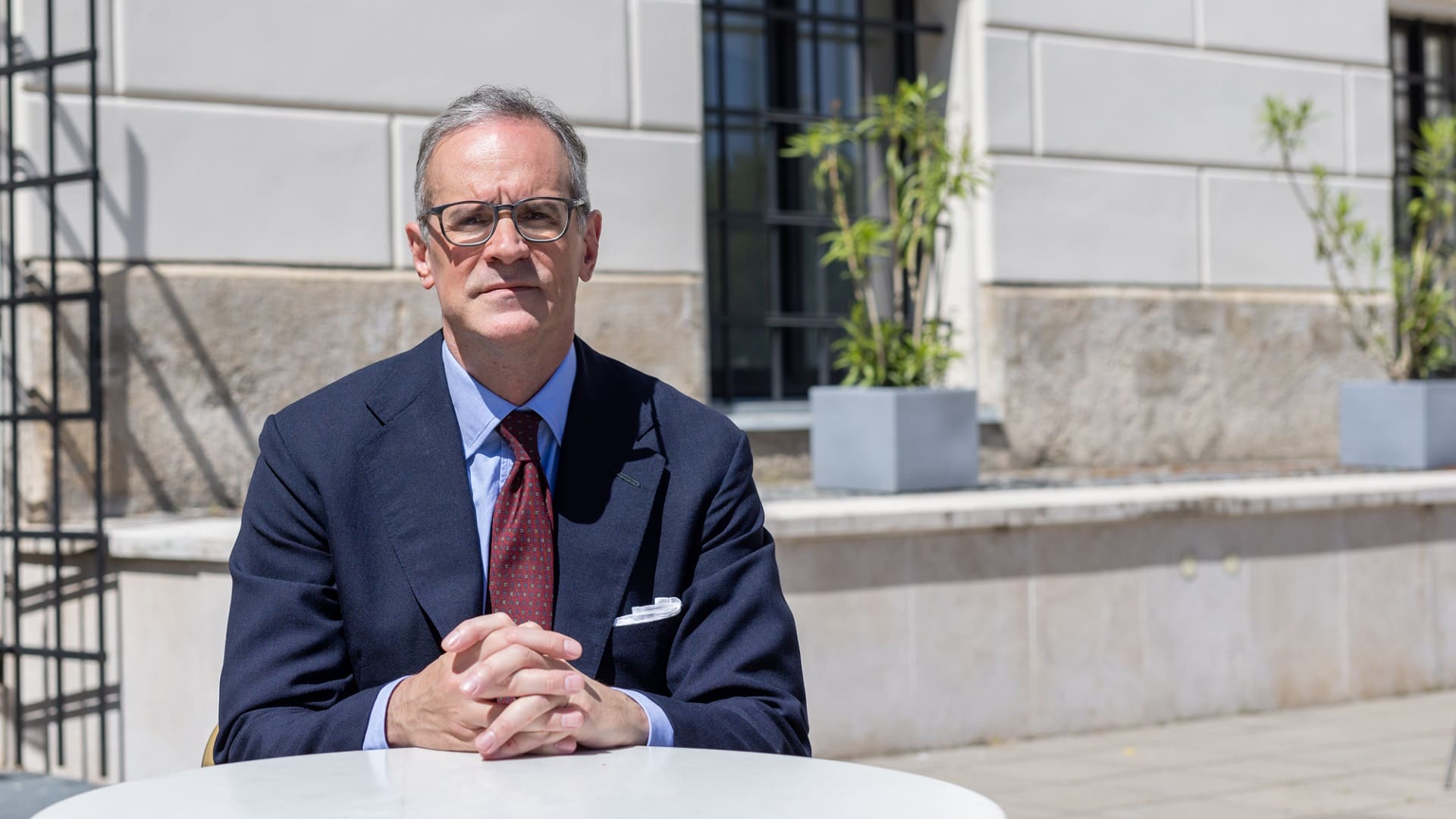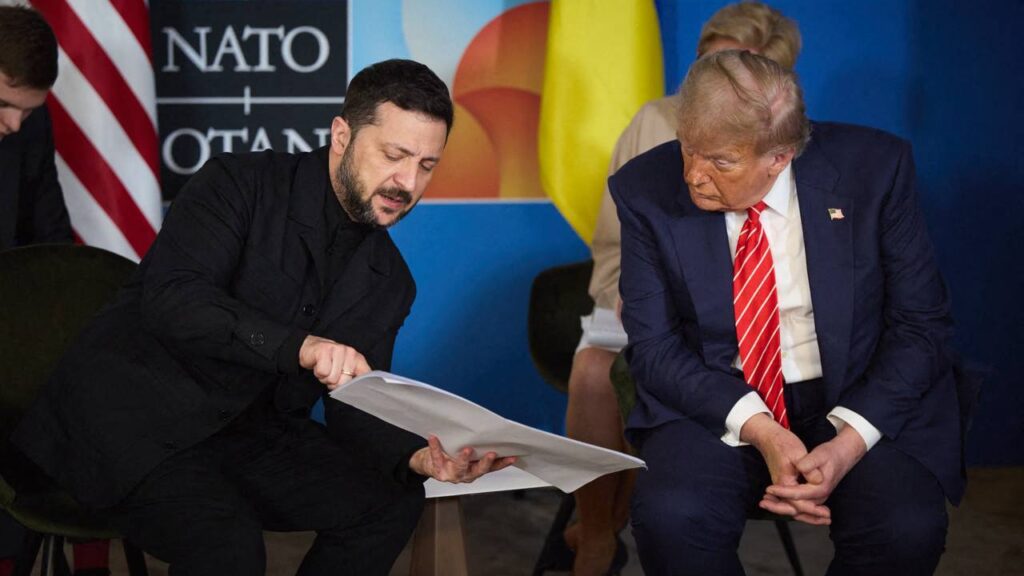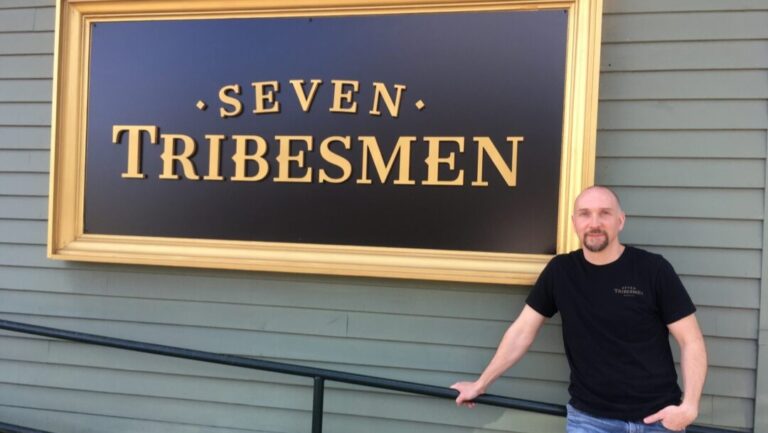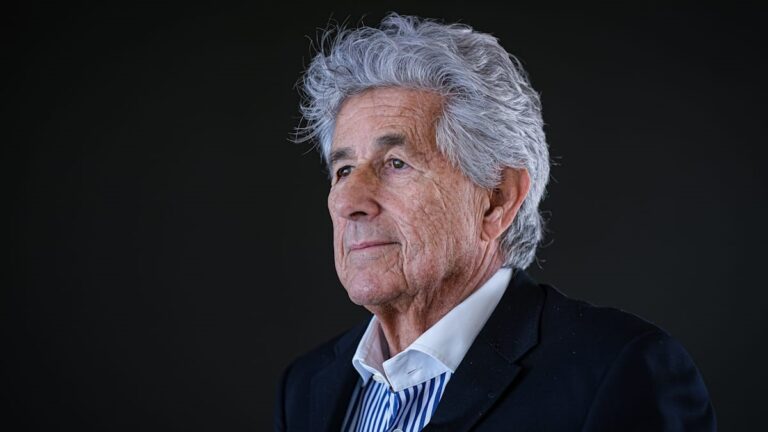Michael Anton served as a national security official in the first Trump administration between February 2017 and April 2018. He has been a lecturer and research fellow in politics at Hillsdale College since 2018, and he is also serving as a senior fellow at the Claremont Institute. Mr Anton was one of the distinguished speakers at the recent Ludovika Festival in Budapest, Hungary. After his guest lecture he was gracious enough to sit down with Hungarian Conservative for an exclusive interview.
***
How do you see the chances for Donald Trump’s victory in the 2024 election? Do you keep in touch with either the former president or someone close to the former president? Do you have some kind of insight into what kind of mood he is in? Is he optimistic, is his inner circle optimistic?
Yes, he is optimistic, he is definitely very optimistic. And I can tell you his inner circle is too. I don’t know how to judge it because there have been so many changes to the way voting takes place in America: early voting, mail-in voting, and all these things. And it makes it much harder to predict. You know, in the old days, you went to vote on election day, you went to vote in person. Ballot harvesting was not allowed, there was no early voting that took place over months, there was no mail-in voting allowed, and thus elections were easier to predict. They are much harder to predict now.
I also think that, as a general matter, the Republican Party is far behind the Democratic Party in adapting to the strategy these new ways of voting require. Trump has talked about that, he’s aware of the problem, and he says they are putting in a lot of effort to catch up. He will have to.
So you’re still in touch with him personally?
No, I haven’t talked to him in quite a while. But I know he is optimistic, I hear that from everyone, that he is optimistic. He thinks he’s going to win.
Vladimir Putin took the Crimean Peninsula under Barack Obama’s term. He went as far as Kyiv under President Joe Biden’s term. But he made no major advancement during President Trump’s time in office. Why is that? Is it a coincidence? Is it something about President Trump’s foreign policy that prevented him?
There are at least two reasons I can think of why that is the case. Number one,
probably Putin was deterred by President Trump in a way he has not been deterred by Joe Biden.
But I also think, paradoxically, there was much more respect in the relationship. And President Trump was criticized heavily for this, just for having polite conversations with Putin, people called he was a traitor, which is obviously ridiculous. American presidents need to be able to talk to foreign leaders, even ones they disagree with, even ones they think behave badly on the world stage in some way.
And a third reason would be that I think the Biden administration behaved and spoke recklessly about Ukraine in the run-up to the war, and about the Ukrainian prospects for NATO accession and joining the EU—even though the United States obviously can have an opinion about that, but it’s not part of that process, while it is part of the NATO process. Whereas Trump had more of a carefully mixed record, that is, he provided lethal aid to Ukraine, which the Obama administration has not done; sanctioning Russia, in ways that even went beyond what the Obama administration did. But he also maintained a positive relationship with Vladimir Putin and neither he nor his administration engaged in any reckless talk about the real red lines Moscow feels strongly about, whereas the Biden administration did.
I think the Biden administration behaved actually very irresponsibly in talking about something I don’t believe they had any intention of doing, that is to say letting Ukraine into NATO, at least in the near term.
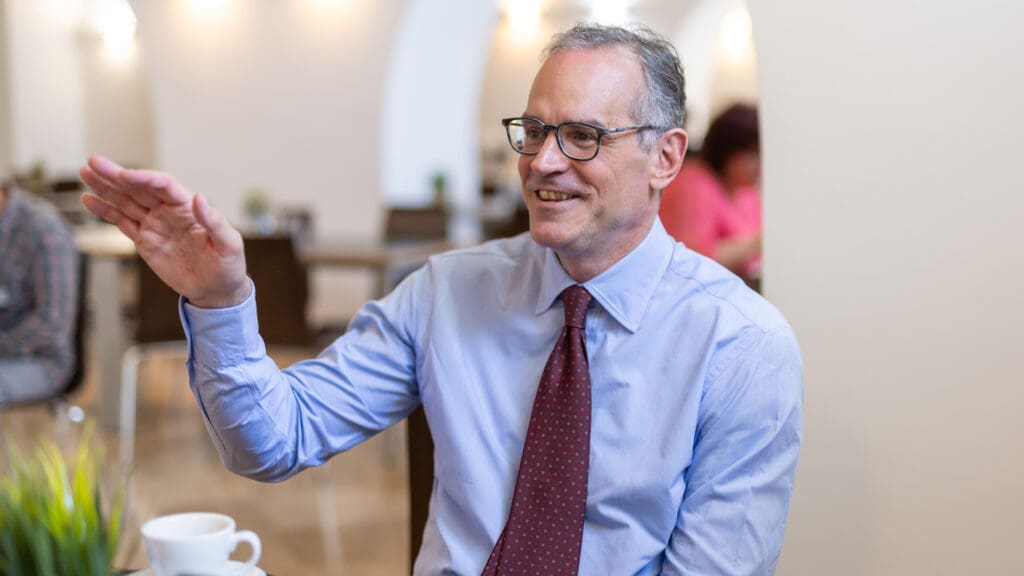
What about the withdrawal from Afghanistan, which was the Biden administration’s first major foreign policy blunder. Would you agree that it started a sort of domino effect that led to Russia’s invasion of Ukraine, and then the Hamas attack on Israel? Are these events correlated?
I mean, there is never any way to know these things, unless somebody on the other side, Putin or the Russians come out and say ‘Oh, we were totally emboldened by the Afghanistan debacle’. And they will never say that. Somebody may say that years later, they’ll put it in a memoir or in an interview when they are in a rocking chair and of old age, nobody says that at the time.
It’s certainly plausible. It made us look like fools, to be honest. It’s just very embarrassing for the country. And, you know, it was especially embarrassing for a lot of American military officers who absolutely knew better, who knew that had this thing been planned competently it could have turned out differently. We could have still withdrawn, and it could have turned out very differently, in a much more positive way, and they were upset about that, that we’ve taken this huge credibility hit needlessly.
What do you think will be the biggest long-lasting change that the Russo-Ukrainian war will have on the geopolitical landscape of the world?
I don’t know how to answer that question. It’s still very, very murky to me. I definitely don’t think this is going to lead to some kind of resurgent Russia.
Somebody can try to convince me otherwise, but it seems to me that Putin lost a lot from this adventure.
He lost a lot of credibility in the sense that, given the power mismatch between the two countries, I don’t think anybody expected this would still be going on two years after it started at such high cost. That, to me, does not point to a sort of Russia resurgence, rebuilding the Soviet empire. I mean, Russia is always going to be a great power. Its size, its population, its nuclear arsenal, its resources, its cultural influence, and so on, they will always make Russia a great power.
Perhaps, from Putin’s perspective, he had to do what he did, and the consequences of not acting would have been greater. I don’t know, that’s something for him to judge. I don’t think this ultimately has strengthened his hand as a player on the world stage. And he’s also paid a very heavy diplomatic price for it too.
And, for example, the war led to EU countries increasing their defence budget, in a smaller change. Do you think that it is going to be permanent that European nations will have more on their defence going forward?
Well, nothing is permanent. For the countries that are closer to Russia, I think, that will be a long-lasting effect. Look, I personally believe it’s very unlikely that Russia would move against Poland or the Baltic states. Now, I say that today, he’ll do it tomorrow, and everyone will say ‘Anton’s a fool’. Then, I’ll agree, Anton’s a fool.
But I understand from the perspective that if you are one of those countries, that has to be your biggest fear. Even if you think that the likelihood is very low, it has to be your biggest fear. And one way you hedge against that fear is to put a lot of resources into defence, make it clear to Russia that you are resolved to defend yourself. So, as long as this threat dynamic remains, or the perception of a threat remains, I think those countries closest to the problem will remain attentive.
How do you see Hungary’s Orbán administration, how do you see their handling of these two major conflicts in Ukraine and Israel? Do you think they have some kind of role in maybe softening the EU rhetoric? Do you think it is important that we have this more peace-oriented voice within the EU?
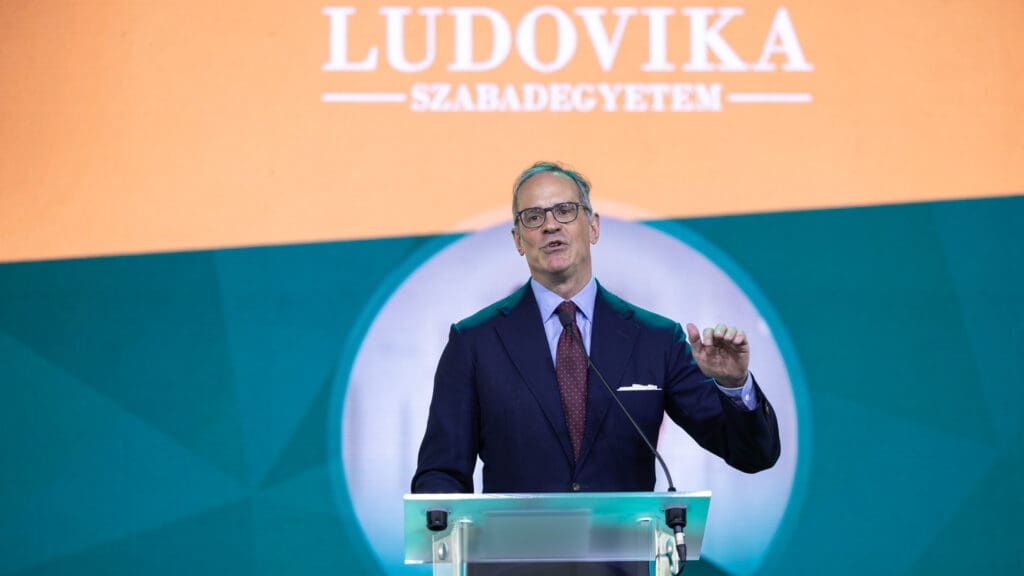
Look, my perception as a complete outsider is that Hungary seems to be handling them through the lens of Hungarian national interest. And I know that Hungary gets a lot of criticism for that, that is to say ‘Why aren’t you taking a stronger moral stance?’.
Well, you know, it’s hard to talk about, because there are so many people in America—basically everyone in the establishment—that look for you to say anything that deviates from the party line, and then you are a de facto Putin supporter, and you’re for the invasion, and you’re a fascist. Well, I guess, the American context doesn’t understand that Putin says he’s fighting the fascists. In America, they call you a fascist when they accuse you of supporting Putin, even if you don’t support Putin, it’s all kind of a mess.
But look, Hungary is not a huge country. Its population is 9–9.5 million. Even spending four per cent of GDP on defence, which I understand is what Hungary is now up to, it’s going to make a country of less than 10 million into a great military power. There’s only so much you can do if you are a country of this size.
I think it’s not unreasonable for Hungary to consider its energy needs and its trade relationship with Russia as a factor.
Because if it is, then essentially what you are saying is we should allow other countries to morally blackmail us into tanking our economy for what they consider a moral crusade. Well, I don’t think any country is necessarily obligated to destroy or significantly harm their economy for what someone else considers the only moral position to take.
Related articles:

